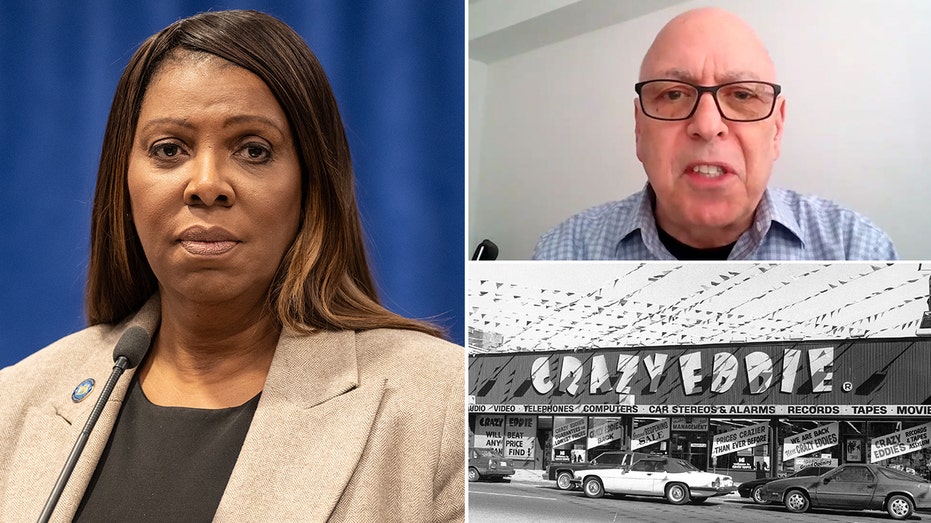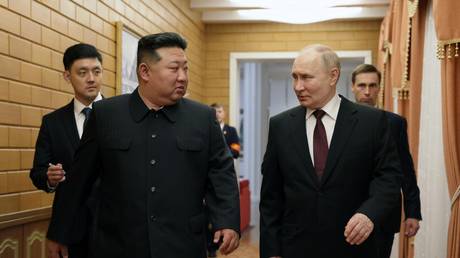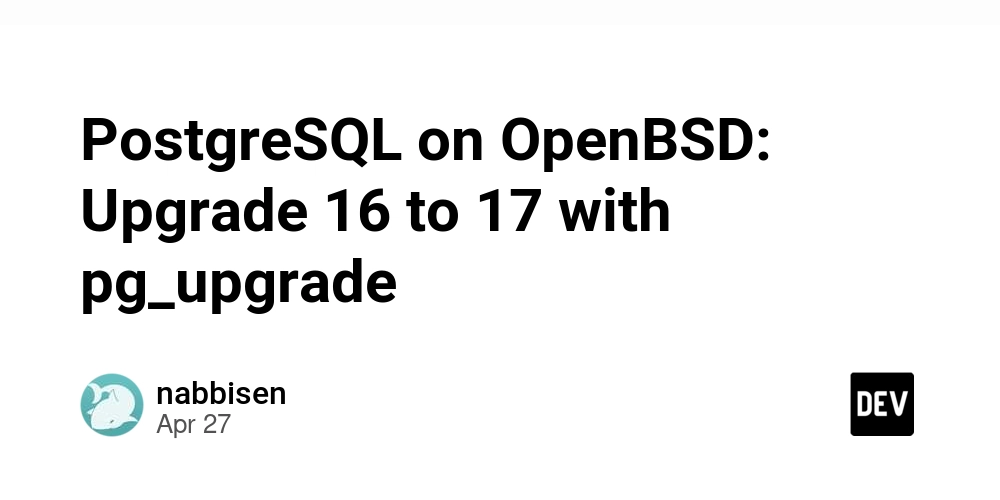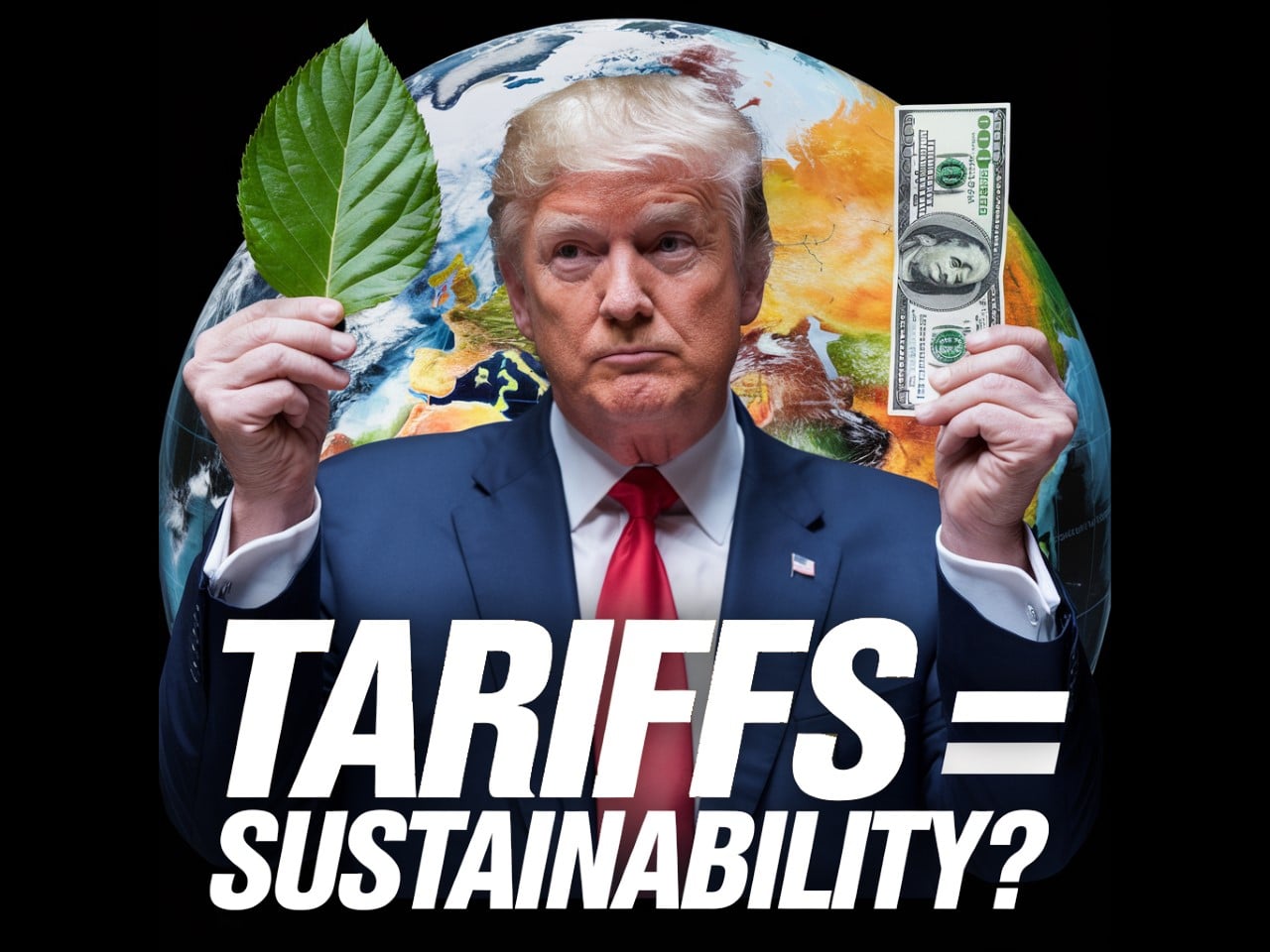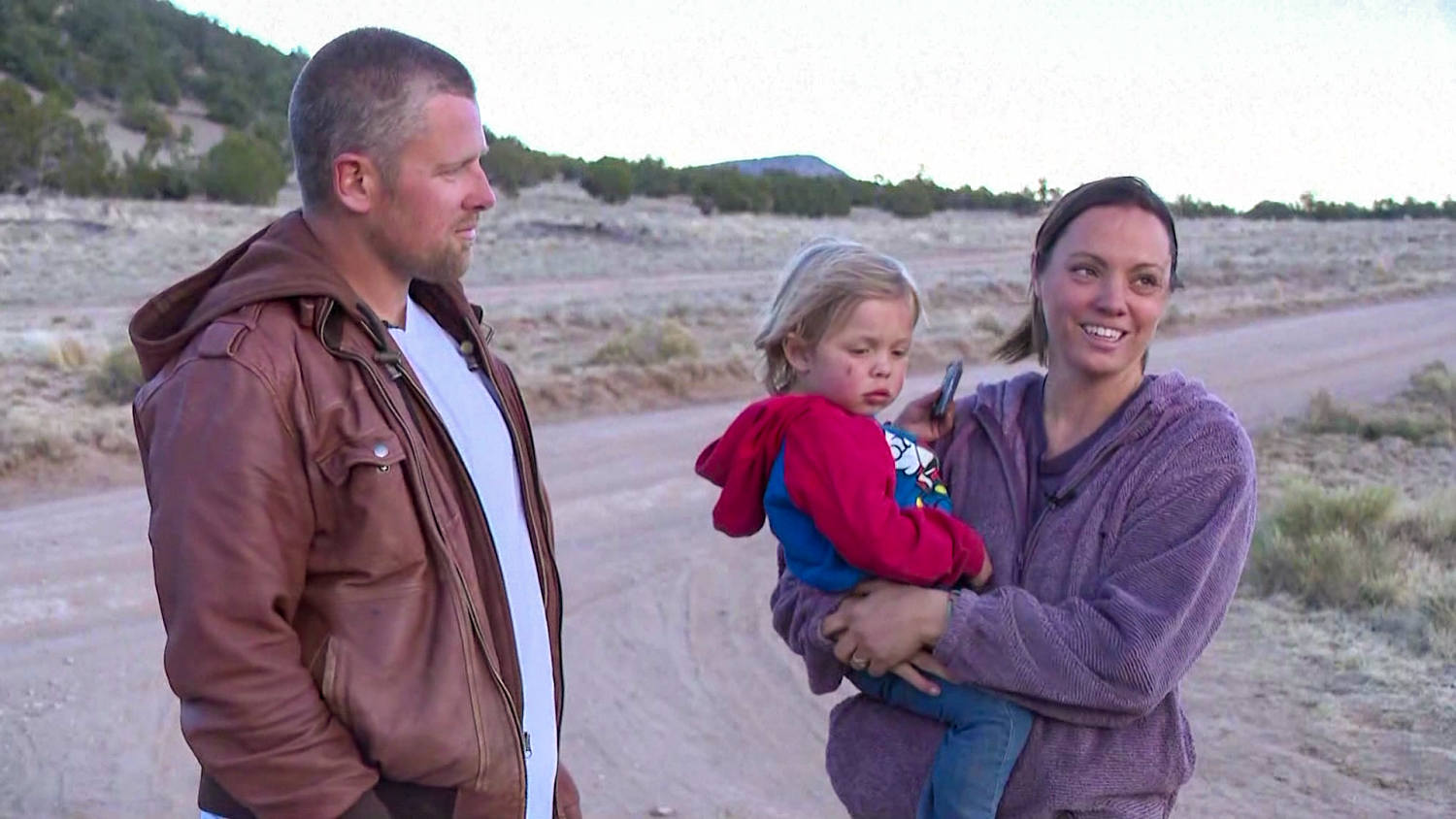When the US expels its international students, we all fail
When the U.S. government strips visas from these students, especially without explanation, we do more than hurt individuals. We send a chilling message to the world: that America is no longer a place where education, openness and global exchange are valued.

I didn’t expect to learn about survival, sacrifice and cultural pride from a handful of milk curds, but that’s exactly what happened in my graduate classroom earlier this year.
A student from Kazakhstan had brought me a gift of qurt — salty-sour balls made from dried yogurt — and then laughed as I cautiously took a bite, comparing the taste to parmesan cheese.
Then the student told me the story of this food. In the Kazakh nomadic heritage, qurt was a staple: highly nutritious and shelf-stable for long journeys. But one student shared a deeper tale — how during a time of conflict, townspeople hurled qurt like stones into a refugee camp. To the guards, it looked like cruelty, and they were fine with that. But for the starving women and children inside, it was sustenance delivered in disguise.
That moment in class revealed the resilience, empathy and wisdom these students carried with them across borders.
This made me wonder: In today’s America, who are the camp guards, and who are the ones trying to keep these students nourished?
For nearly a month, universities across the United States had been fighting the termination of the visas of hundreds of international students by the federal government. There was no notice, no warning and no due process. These were students who had followed the rules, contributed to their communities and, in many cases, were mere weeks from graduation.
Thankfully, the administration has just announced it is reversing the decision, with just as little explanation.
I teach graduate students in public policy and international relations at The George Washington University and George Mason University. Since early 2024, I’ve worked with around 60 visiting scholars from Kazakhstan, part of GW’s Bolashak program — a Kazakhstan government-sponsored initiative whose name means "future." These mid-career university instructors came to the U.S. not just to build their own research and teaching skills but to bring those lessons back home to shape their nation’s future.
These international students and others enrich American classrooms. Their perspectives challenge assumptions, expands understanding and prepares U.S. students to engage in a complex, interconnected world.
When we stripped visas from these students, especially without explanation, we did more than hurt individuals. We sent a chilling message to the world, that America is no longer a place where education, openness and global exchange are valued.
More than that, it sent a message that the U.S. is no longer a place where the future is valued.
We undermined our own national interests by eroding trust and damaging the very relationships we should be cultivating.
This wasn't just a humanitarian failure — it was a strategic blunder. America’s soft power has always relied on the attraction of its values, not just the might of its military. International students who come here often go on to become diplomats, academics, entrepreneurs and public servants in their home countries. They carry with them lasting ties to the U.S. — ties that strengthen cooperation, trade and peace. But only if we treat them with dignity. When we treat them instead with suspicion, silence and sudden exile, we destroy those bonds.
I’m not a national security expert, and I won’t pretend to know the details behind each visa revocation. But I know what I see in my classroom: people who care deeply about diplomacy, justice and the power of learning. I see future allies, not threats.
And for the rest of us — educators, students, neighbors — let’s not underestimate our role. Invite your international classmates to lunch. Advocate for support services on campus. Listen to their stories. Learn about qurt. These small acts are like those disguised “stones” tossed into a camp — they can sustain someone in a moment of need.
They can also remind us who we are, and what kind of nation we still have the power to be.
Dana A. Dolan is a policy fellow and adjunct faculty member at George Mason University’s Schar School of Policy and Government and a professorial lecturer in international affairs at The George Washington University’s Elliott School of International Affairs. She writes about current public policy issues at danadolan.substack.com.
